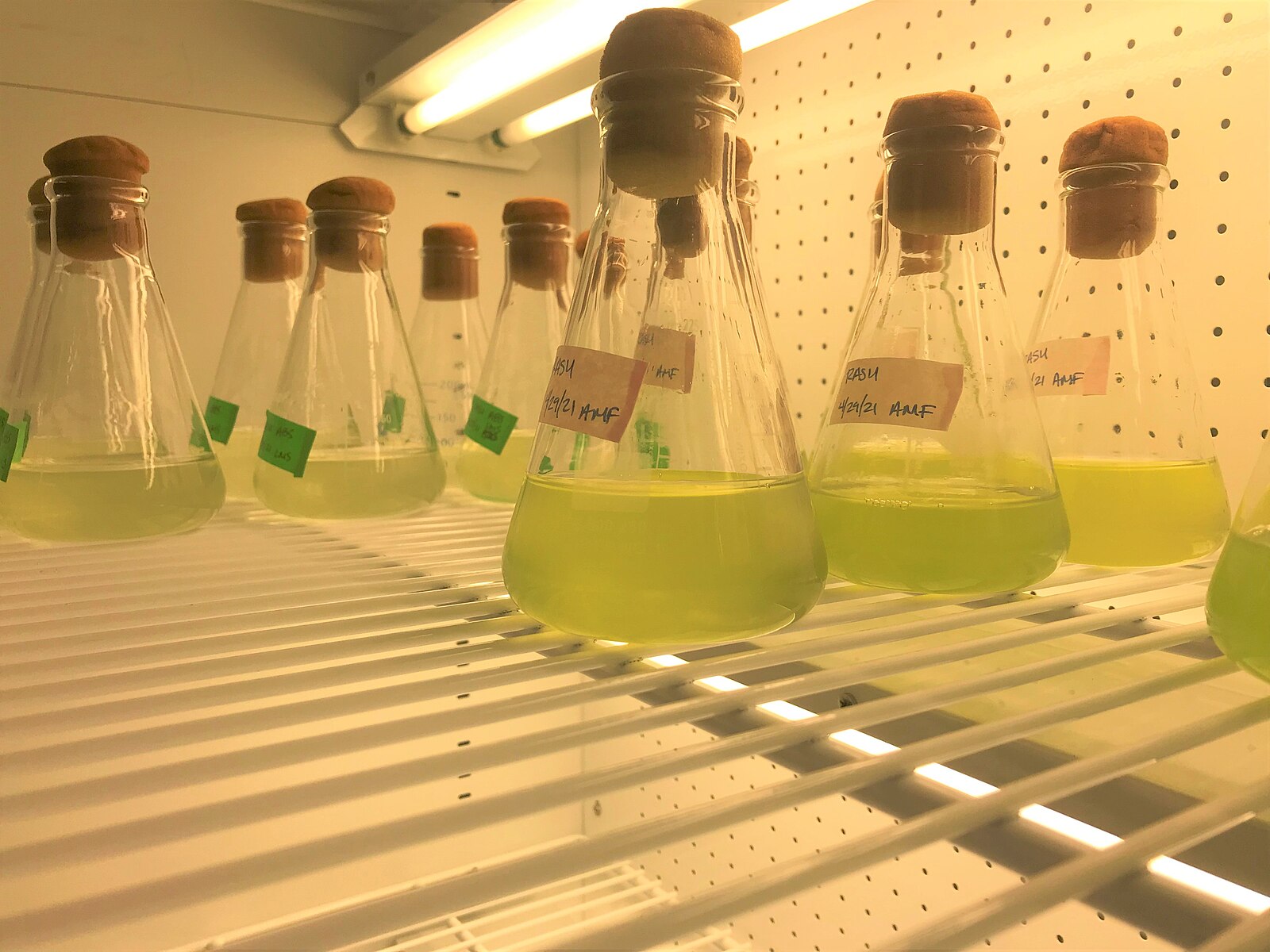With electric and hydrogen powered vehicles not yet making a substantial impact in logistics and travel, airlines, ship owners and road freight companies have lately been pulling back from commitments to net zero emissions. The big energy companies are also rethinking their sustainable fuels strategies. But with the cost of installing solar energy dropping and with new science emerging, could the scaling and production of truly sustainable and affordable liquid bio-fuels for the transport sector be delivered by smaller companies instead?
The founders of bio-fuels research company Hutan Bio were so engaged with this problem that they reportedly spent years around the tropical waters of Malaysia sifting through no fewer than a trillion algal samples to find a species that could act as a suitable bio-fuel colony foundation parent. Fast forward to early 2024 and the UK Clean Growth Fund was sufficiently enough impressed to invest £2.25m in a seed funding round. Despite years of valuable research, it is still early days for the Cambridge University spinoff company however, with many challenges ahead. Not the least of these challenges is that a prototype experimental bioreactor setup in the form of plastic bladders will need to be scaled up significantly.
However, the beauty of the production process is that no fresh water supplies are required, salty or brackish water is sufficient. The algae also absorb CO2 as they grow. The operation itself can be located upon unproductive land sites such as desert, thereby not removing agricultural land from production. The company is currently looking at such sites in Australia and Morocco, with other areas under consideration for the future as well. The initial focus is supplying fuels for maritime vessels and which are immediately compatible with existing engines and fuel delivery systems. The global shipping industry consumes around 300 million tonnes of fossil fuels per annum, equating to almost a billion tonnes of CO2 emissions. So the demand for alternative fuels is substantial.
Sustainable aviation fuels and alternative fuels for shipping represent the twin holy grails for bio-fuels and Hutan Bio is a wonderful example of university research translating into a business. But the key to success for any bio-fuel venture involves delivering fuels in large volumes and at a comparable cost to traditional sources. Something even the energy giants have struggled with. Shell and BP have both dialed back investment in their bio-fuels portfolios this year in the wake of markets awash with low cost product from emerging markets. The energy majors are also redeploying resources by withdrawing from European and U.S. bio-fuel markets and revisiting Brazil and China. Hutan Bio investors will be thinking hard about future capital requirements and how best to leverage the intellectual property in a highly competitive environment.
Image credit: ORNL Aquatic Ecology Lab via Creative Commons BY 2.0
Genius ReFi brings together Researchers, Entrepreneurs, Investors and Industry for creative collaborations in the commercialization of scalable Regenerative Science.





